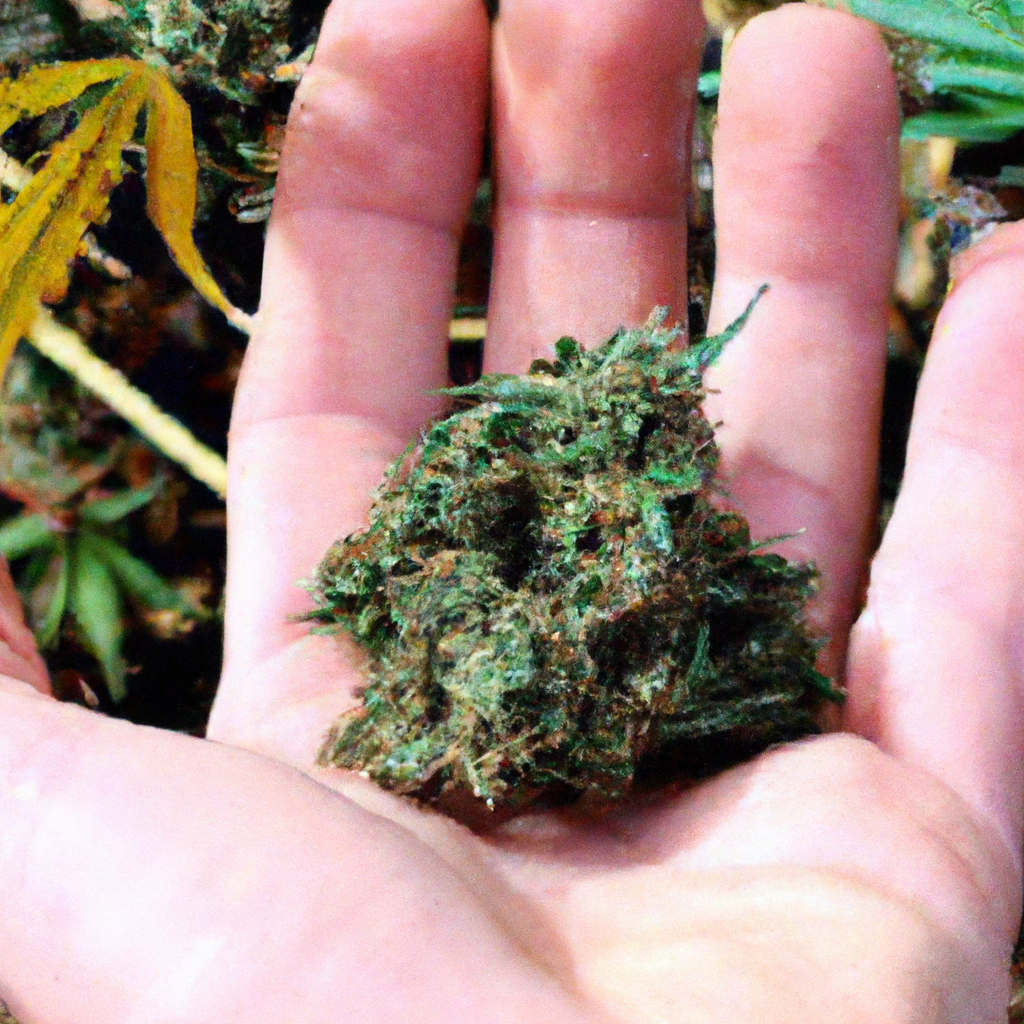Your cart is currently empty!
In the world of cannabis cultivation, organic growing is gaining significant traction due to its eco-friendly practices and superior results. This article explores the best practices for cultivating cannabis organically using natural fertilizers, compost, and sustainable pest control measures.
Building a Healthy Soil Ecosystem
Creating a robust soil ecosystem is the cornerstone of organic cannabis cultivation. By fostering biodiversity and promoting symbiotic relationships within the soil, you ensure nutrient availability and plant health.
- Compost: Enrich your soil with nutrient-dense compost. This offers a slow-release food source, enhancing soil structure and water retention.
- Beneficial Microbes: Introduce fungal and bacterial inoculants to improve nutrient uptake and plant growth.
- Crop Rotation: Practice crop rotation to prevent soil depletion and manage weed and pest challenges naturally.
Natural Fertilizers and Amendments
To maintain organic integrity, use natural fertilizers and soil amendments that offer long-lasting benefits without chemical residues.
- Worm Castings: Known as “black gold,” worm castings are renowned for enhancing soil fertility and stimulating microbial activity.
- Bone Meal: A great source of phosphorus and calcium, essential for root development and flowering.
- Fish Emulsion: Provides nitrogen and a host of micronutrients, promoting vigorous vegetative growth.
Eco-Friendly Pest Control
Maintaining a healthy cannabis crop without synthetic pesticides requires strategic, natural pest control methods.
- Companion Planting: Integrate plants like marigold and basil, which repel common pests attracted to cannabis.
- Beneficial Insects: Utilize ladybugs and predatory mites to naturally control pest populations.
- Neem Oil: An all-natural insecticide that can disrupt the life cycle of many common cannabis pests.
Sustainability in Cannabis Operations
Adopting sustainable practices not only benefits the environment but also enhances your operation’s long-term viability.
- Water Management: Implement rainwater collection systems and utilize drip irrigation to reduce water waste.
- Renewable Energy: Power your grow operations using solar or wind energy to minimize carbon footprint.
- Mulch Techniques: Use organic mulch to conserve soil moisture, regulate temperature, and suppress weed growth.
The Benefits of Organic Cannabis
Choosing organic cultivation methods results in cannabis that is not only cleaner and more potent but also environmentally sustainable. By reducing chemical use and enhancing soil health, organic cannabis ensures a healthier produce for consumers and a healthier planet for everyone.


Leave a Reply